by Brandy Abalos
Cooler weather is synonymous with the spread of illness. Many viruses thrive when the weather restricts people to indoor areas. However, there are ways that you can protect yourself against what some experts call a “tripledemic” with a high number of Covid, Flu and RSV cases.
Why Respiratory Viruses Surge During Cold Weather Months
There are many reasons respiratory viruses like Covid, Flu and RSV infect more people in the late fall and winter months. Primarily, people are spending more time indoors and near one another. They aren’t “social distancing,” as they have learned over the last two years of the Covid pandemic.
Additionally, there is a lack of immunity within many communities. There are vaccinations for many respiratory viruses, but people have become lax in receiving them. Fewer vaccinations lead to an increased incidence of cases. While experts agree that nearly everyone has some immunity to Covid, which has declined, certain at-risk groups are still very susceptible.
Protecting Yourself from Respiratory Illnesses
There are plenty of simple habits that decrease your likelihood of getting sick. It’s important to remind children to practice these healthy habits as well.
- Wash Your Hands. It’s best to wash your hands after using the bathroom and touching anything that may be high-risk. For example, if you touch a door handle thousands of others have used, you should wash your hands as soon as possible. There will almost certainly be viruses on that surface. Make sure you are washing your hands properly—Lather antibacterial soap between and around all your fingers and the fronts and backs of your hands. Remember to wash underneath your fingernails. Use warm water to rinse the soap to kill more germs. Then, dry your hands well with a clean towel.
- Use Hand Sanitizer. When you cannot wash your hands with soap, opt for antibacterial hand sanitizer. It’s best to keep a small bottle on you at all times. Some public spaces have dispensers. When you use hand sanitizer, apply the gel on your palm and rub your hands together. Ensure you get the gel all over the surfaces of your hands and fingers. Rub until your hands are dry. This process should take around 20 seconds.
- Socially Distance from Others. At the beginning of the Covid-19 pandemic, experts warned people to stay at least six feet away from others. The goal was to avoid coming into contact with a large virus load from someone who was infected. This policy still applies today. If you can stay away from sick people, you will not get sick.
- Wear a Mask. While many cultures have worn masks in public for decades, most people in the United States are new to the practice. Many assume it’s no longer necessary since Covid is in decline. However, wearing a mask can still protect you from severe respiratory viruses. It will also prevent you from getting someone else sick if you are ill. Wearing a mask in public is more than a courtesy. It’s a healthy habit that can save your life.
- Get Tested If You are Ill. Instead of diagnosing yourself, you should always get tested for respiratory illnesses. Government agencies need to have accurate numbers of those who are infected. It also gives you a chance to get treated early. There are some anti-viral medications that can significantly reduce the length of time you are sick.
- Opt for Virtual Care When Possible. You may not have to go to the doctor’s office to get treated when you have a virus. Use virtual care options when they are available. Using virtual care keeps sick people out of public and prevents others from getting ill.
- Get Vaccinated. The best thing you can do to prevent Covid, Flu or RSV is to get vaccinated. Vaccines for all three viruses are available at most medical facilities and pharmacies. You can often set an appointment online and walk in for the vaccine. Getting a shot doesn’t take much time and can increase immunity throughout the community.
Protect Yourself from Respiratory Viruses
You can protect yourself and your loved ones from respiratory viruses like Covid, Flu and RSV by taking a few precautionary steps. If you do get ill, do everything possible not to spread it.


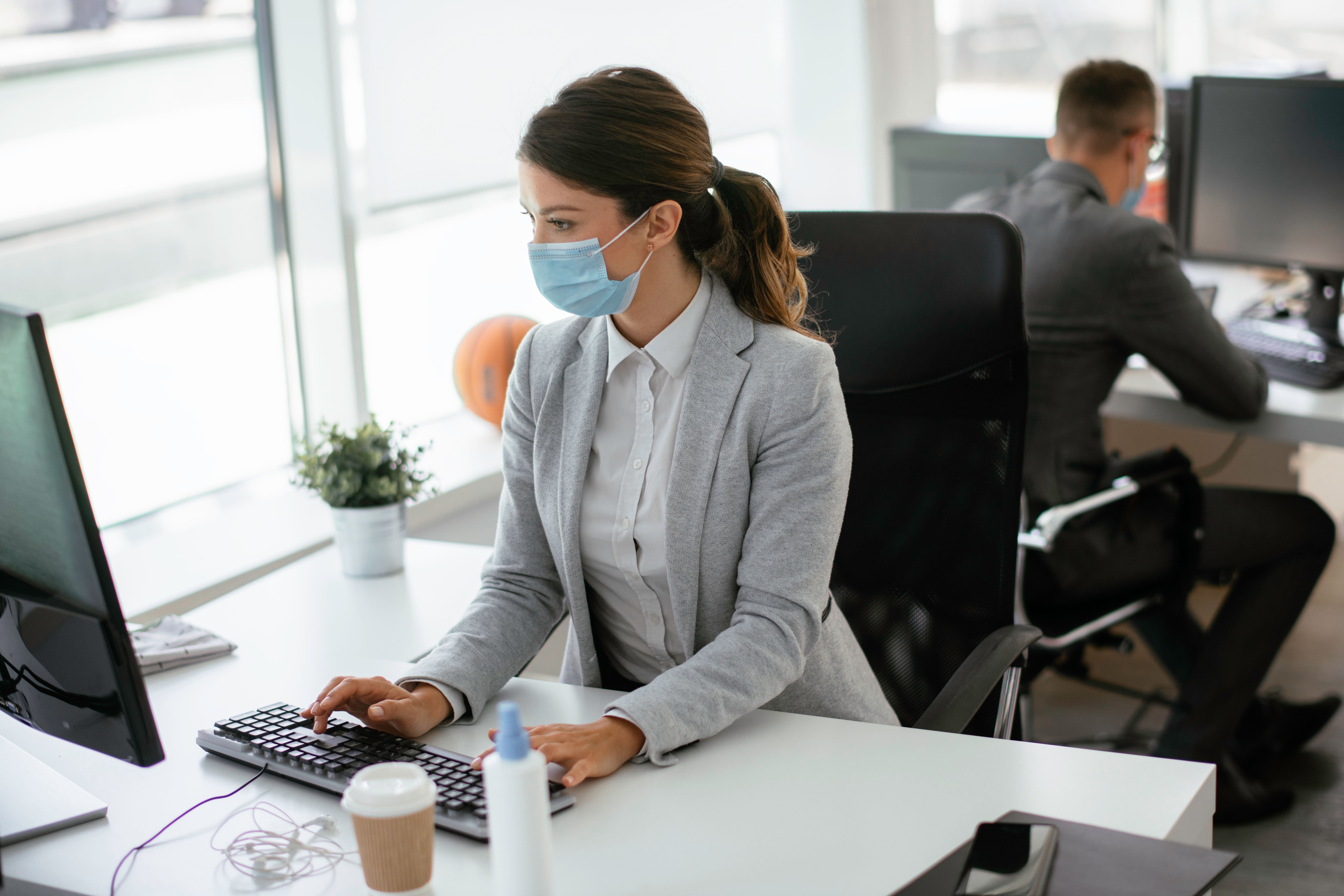
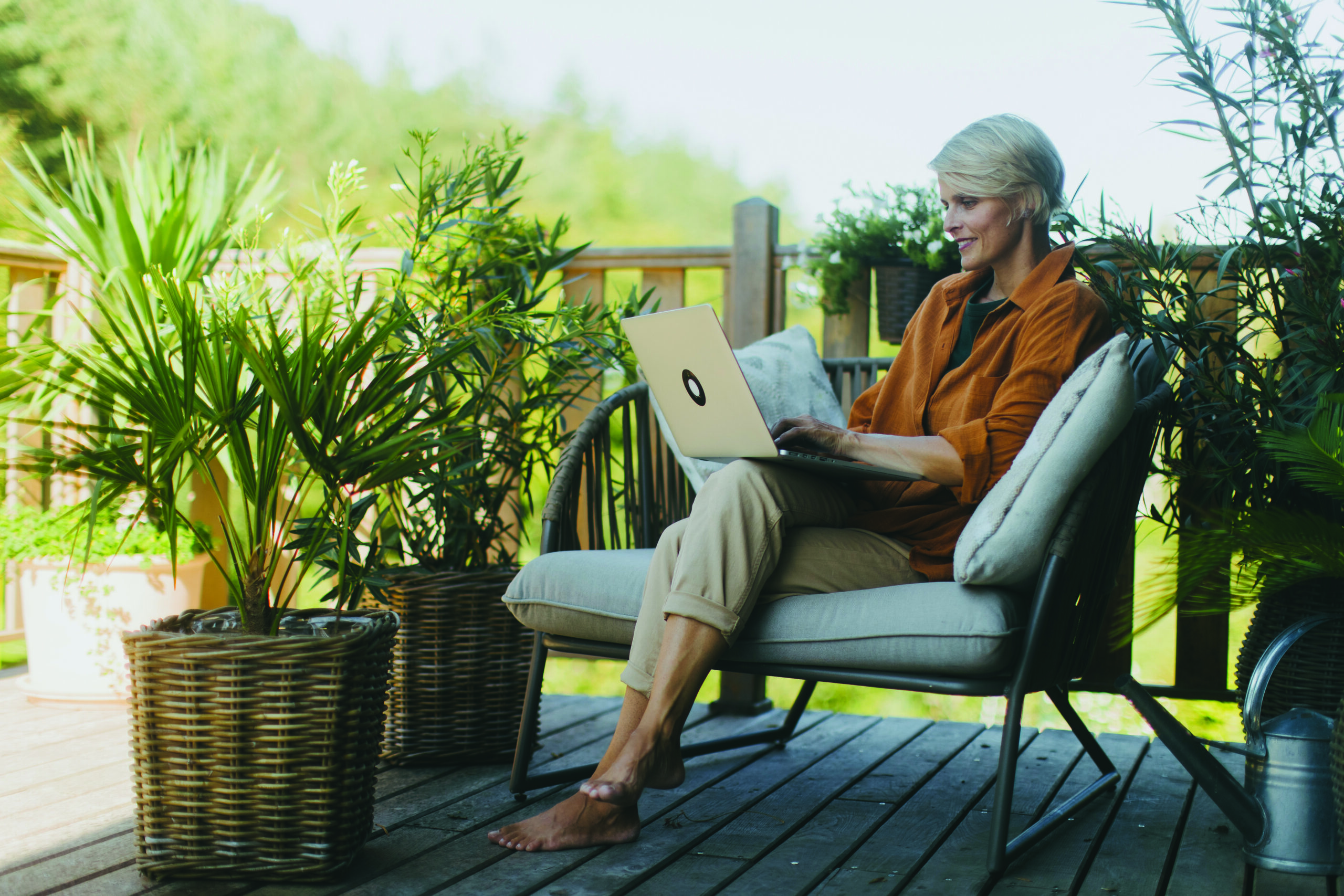
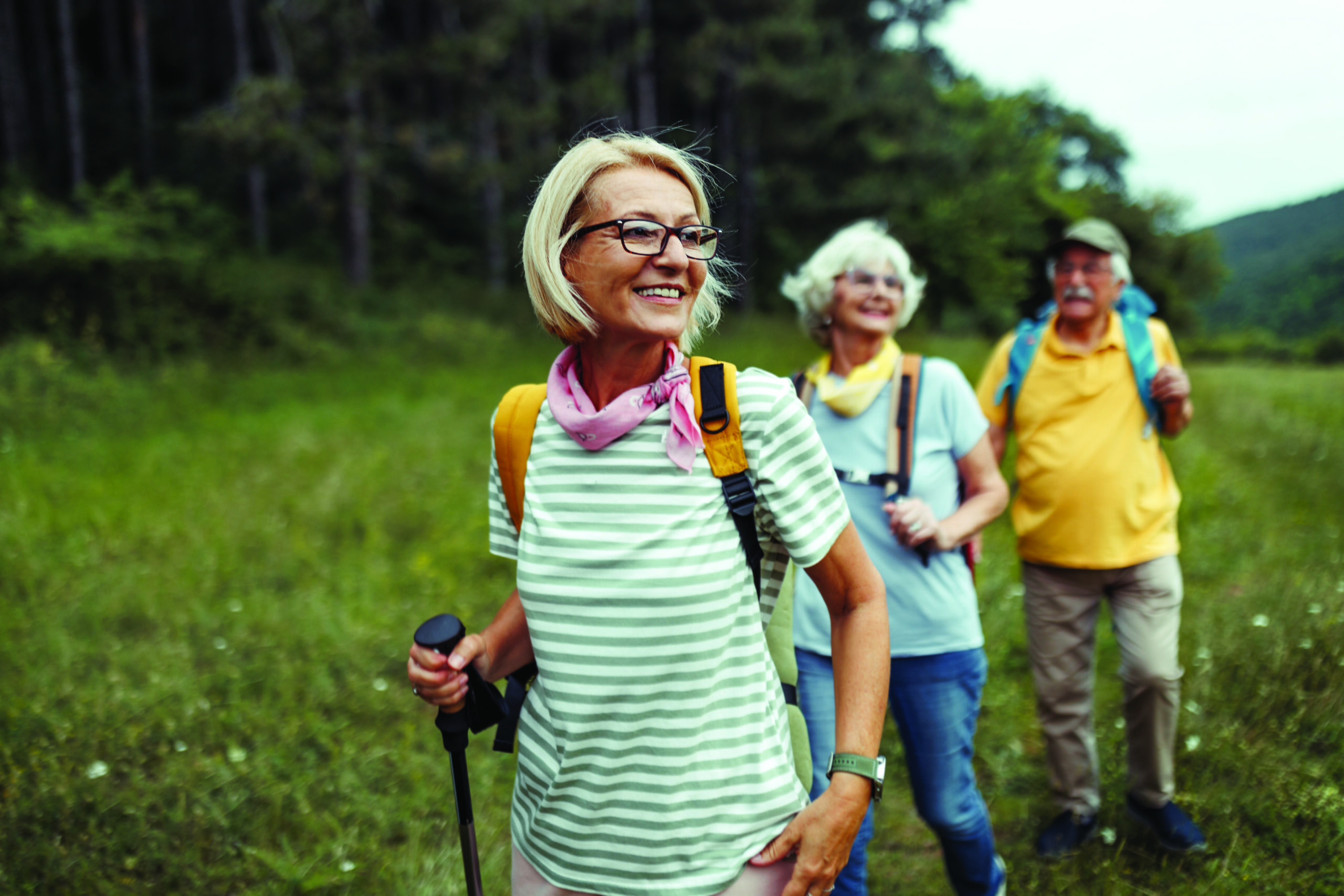
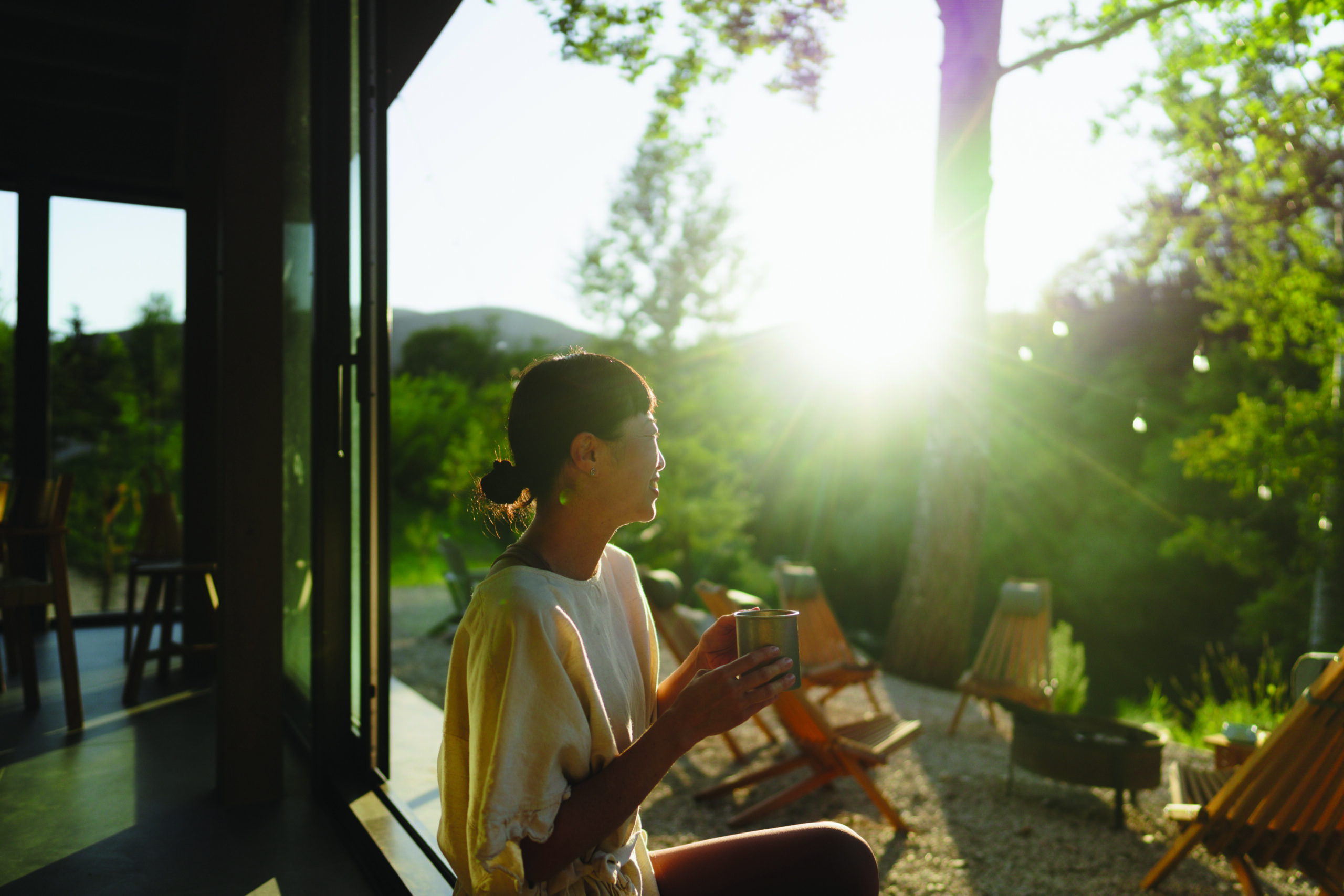
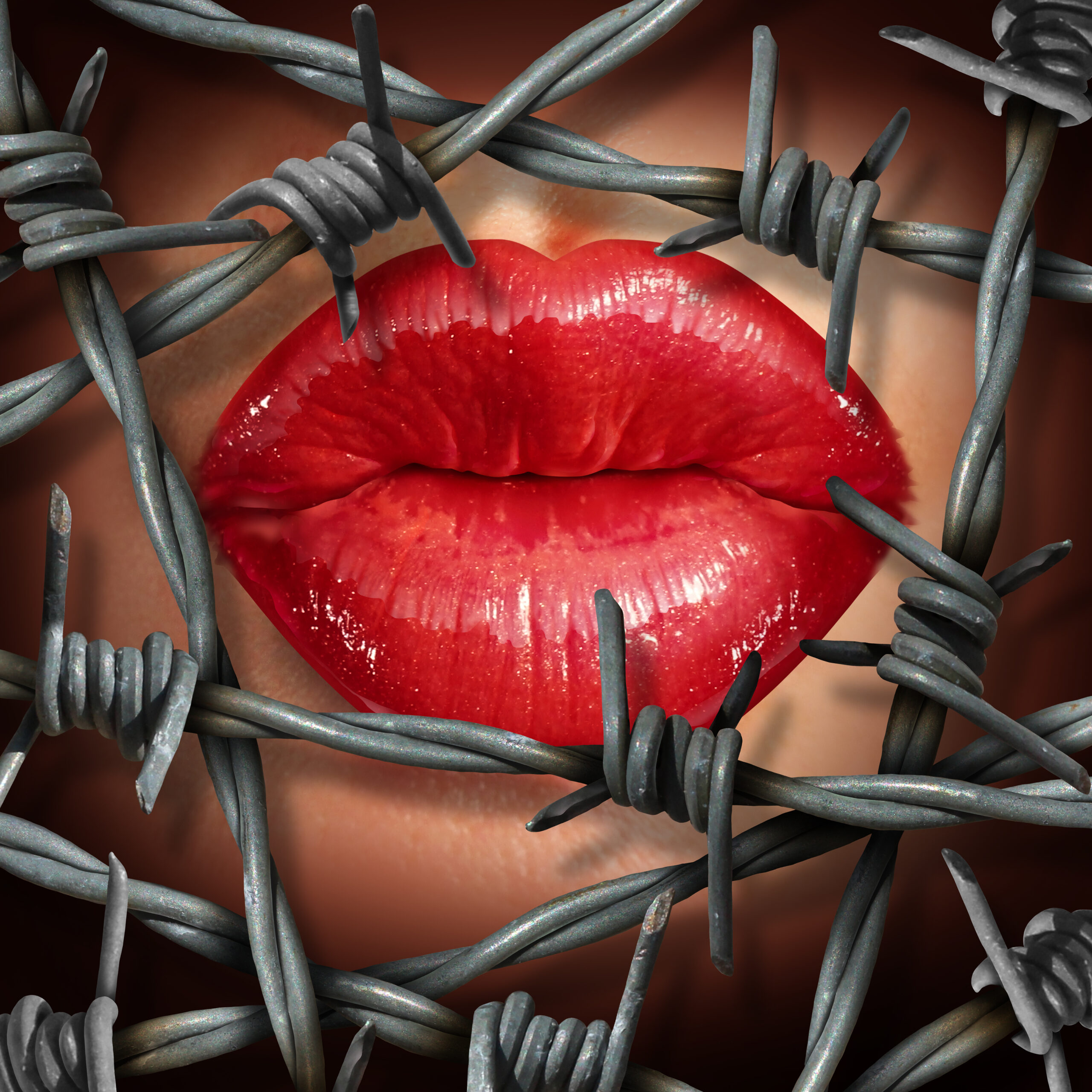

Leave A Comment